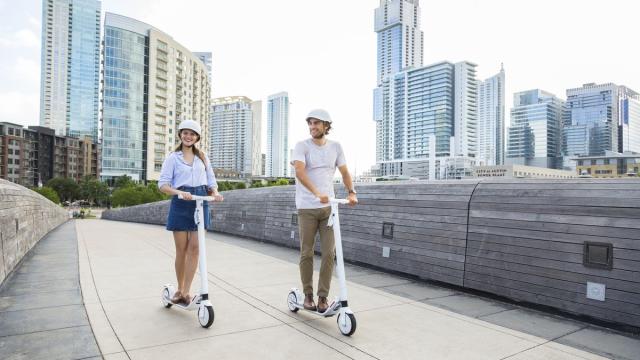It takes a special kind of audacity for your startup to be successful, and a special kind of audacity to name your startup “Unicorn”. Sadly, the overlapping of those two audacious circles did not spell success for one scooter company.
Unicorn’s founder, Nick Evans, sent an email to customers saying that Unicorn “totally failed as a business,” and that they would not be delivering any scooters and could not refund any money. According to The Verge, the company spent all its money on advertising, marketing and other expenses. Once all of that was covered, none was left over for actually making and delivering the scooters.
“Unfortunately, the cost of the ads were [sic] just too expensive to build a sustainable business,” Evans said in the email.
Unicorn joined a very crowded market a bit too late and with too little funding to compete with scooter companies that have been burning through cash in a losing business. Its scooters were to cost $US699 ($1,022) and had features like GPS tracking, similar to Tile, a company co-founded by Evans.
I’ve never understood the strategy of “the startup”, even though I’ve spent most of my career in and around it. To me, it has often seemed like a non-strategy; a place where enthusiastic people throw billions of dollars of spaghetti at the wall. And sometimes billions of dollars of ads at Facebook.
In any case, Unicorns don’t exist, anymore.
